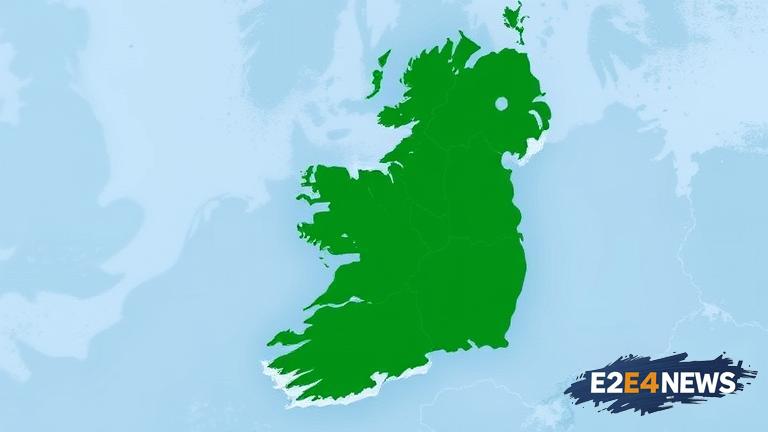The European Commission has recently announced a proposed funding cap, which has sparked widespread concern across Ireland. The cap, aimed at reducing the financial burden on the EU, is expected to have a significant impact on the country’s agricultural sector. Irish farmers, who have long relied on EU funding to support their livelihoods, are worried about the potential consequences of the cap. The proposed cap is expected to limit the amount of funding available to farmers, which could lead to a decline in agricultural production and a loss of jobs. The Irish government has expressed concerns about the impact of the cap on the country’s rural economy. Policymakers are urging the European Commission to reconsider the proposal, citing the potential damage it could cause to the country’s agricultural industry. The funding cap is part of a broader effort by the European Commission to reduce the EU’s budget deficit. However, many argue that the cap is misguided and will ultimately harm the very people it is intended to help. The Irish Farmers’ Association has spoken out against the proposal, arguing that it will lead to a decline in farm incomes and a loss of competitiveness. The association is calling on the government to negotiate a better deal for Irish farmers. The proposed cap has also raised concerns about the impact on the country’s food security. With a significant portion of Ireland’s food production reliant on EU funding, the cap could lead to a decline in domestic food production and an increased reliance on imports. This, in turn, could have serious consequences for the country’s food security and the environment. The Irish government is under pressure to find a solution to the crisis, with many calling for a more nuanced approach to the funding cap. The government has announced plans to engage in talks with the European Commission to try to find a way forward. The outcome of these talks is uncertain, but one thing is clear: the proposed funding cap has the potential to have a significant impact on Ireland’s agricultural sector and the country as a whole. As the situation continues to unfold, one thing is certain – the future of Irish farming hangs in the balance. The European Commission’s proposal has sparked a heated debate about the role of the EU in supporting the country’s agricultural industry. While some argue that the cap is necessary to reduce the EU’s budget deficit, others argue that it will ultimately harm the very people it is intended to help. The Irish government must now navigate this complex issue and find a solution that balances the needs of the EU with the needs of Irish farmers.
